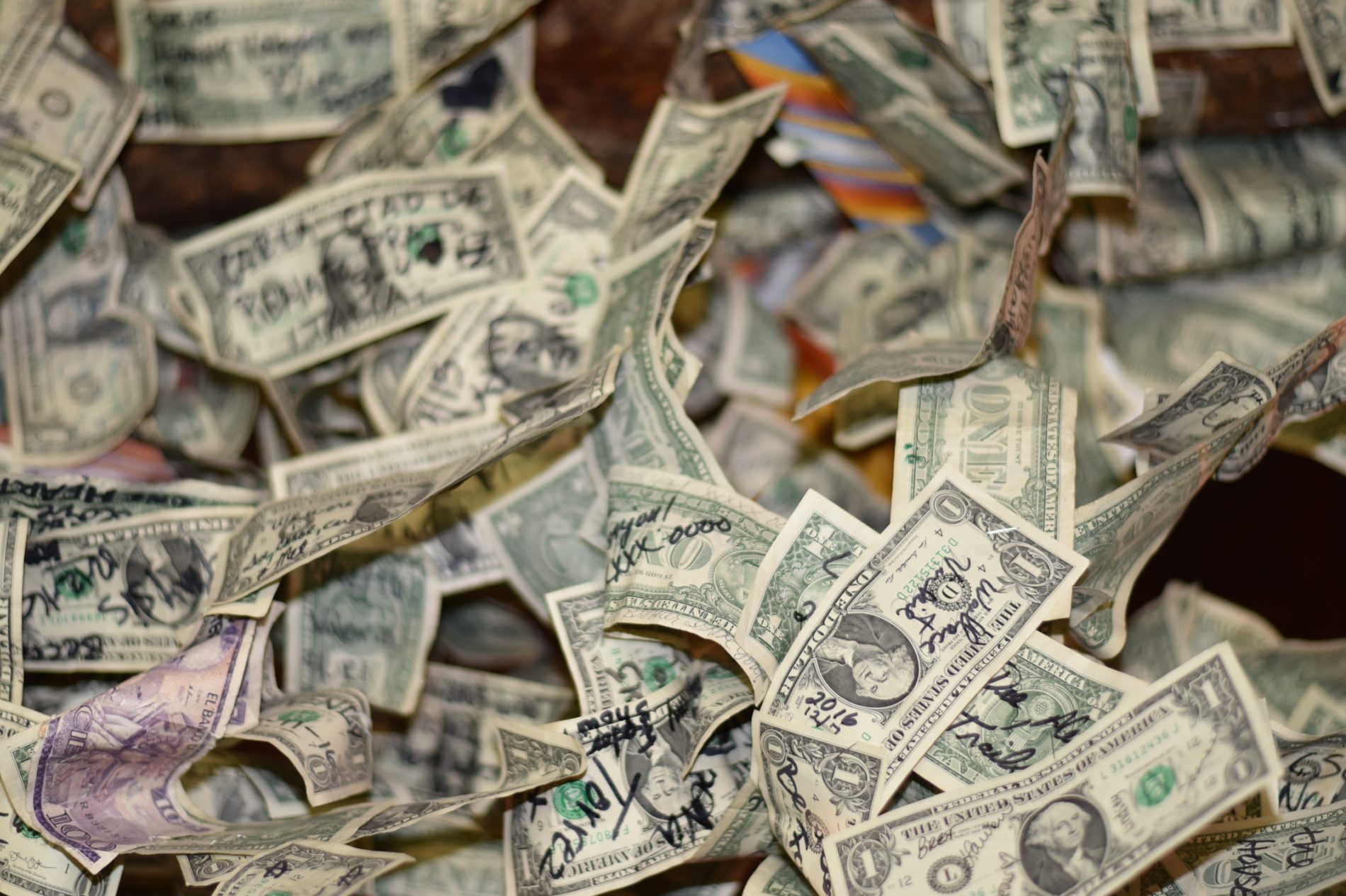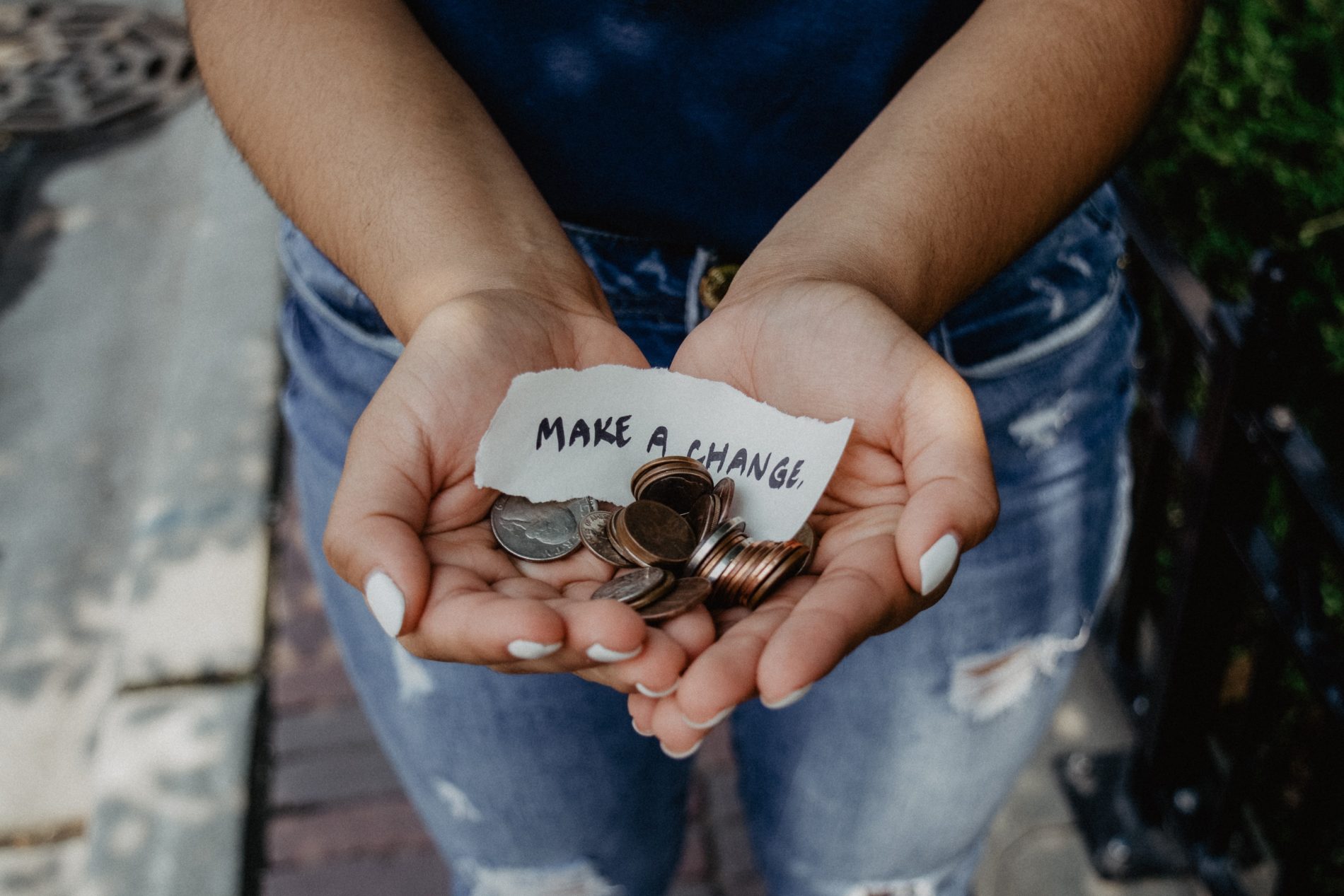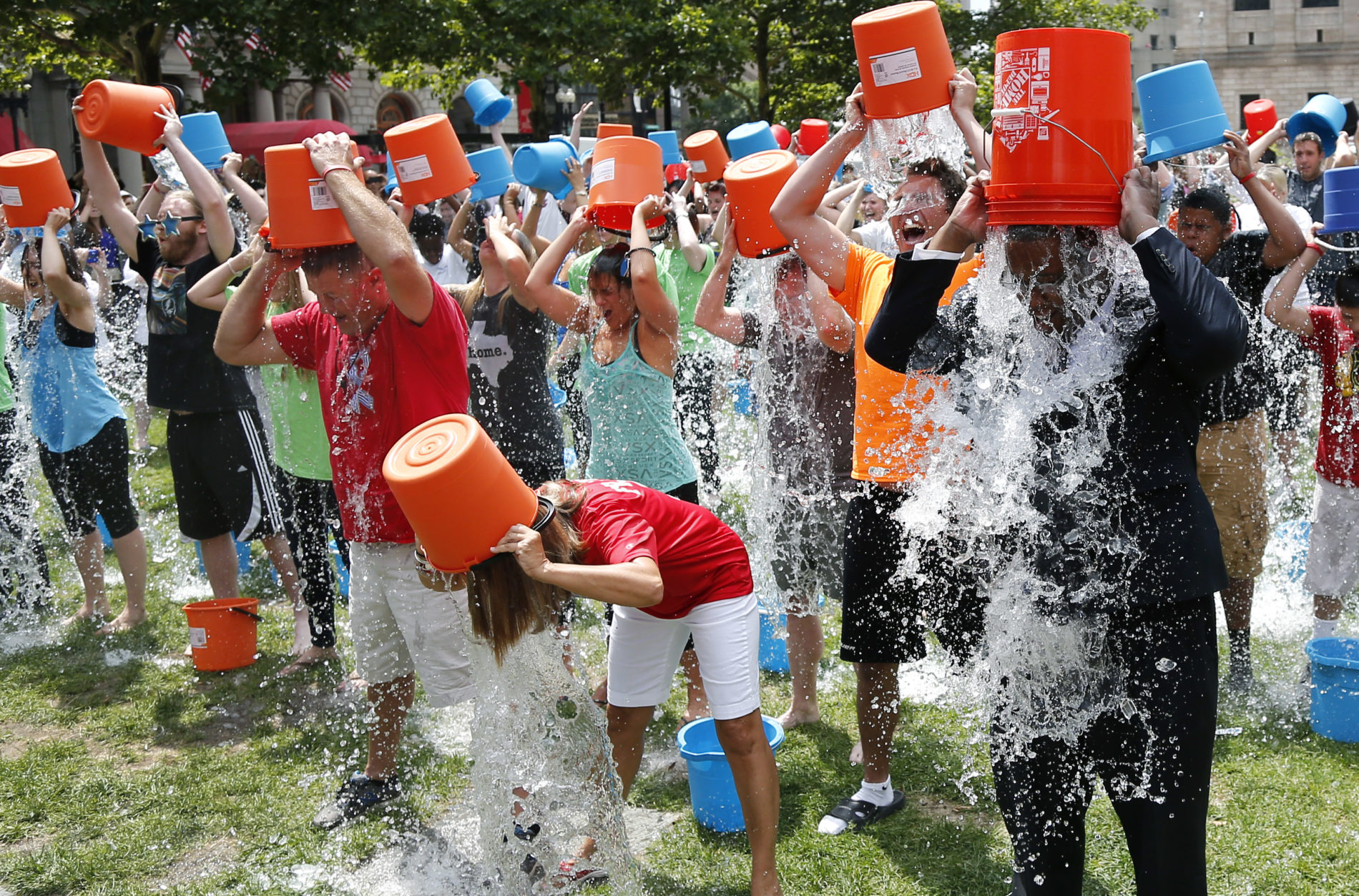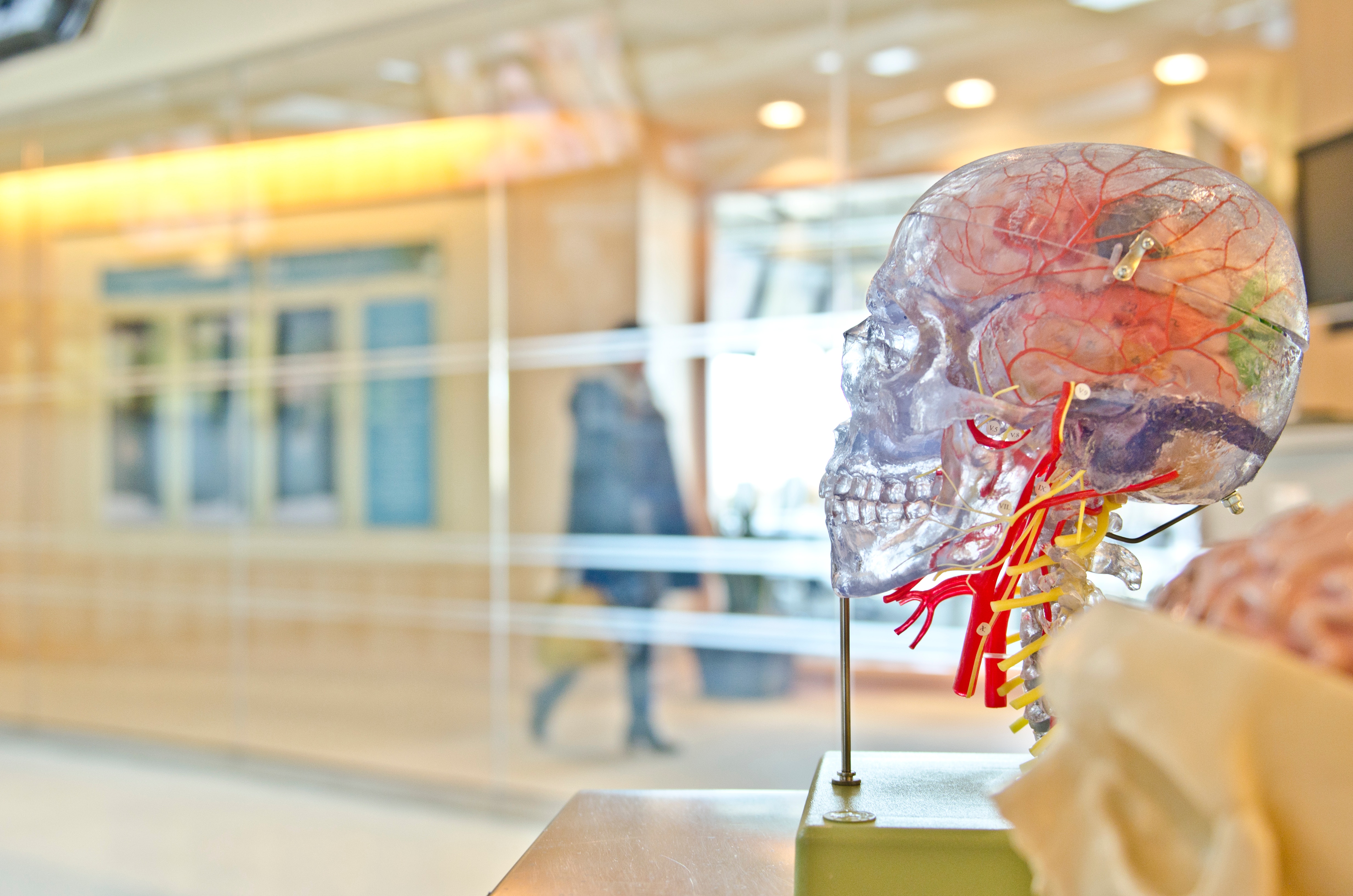Virtue is its own reward. There’s a pleasure in doing good which sufficiently pays itself
― John Vanbrugh
Think back to the last time you gave to charity. Why did you give? What about the last time you were asked for a donation but decided not to give? Scientists are trying to change our understanding of the decision to give and the factors which make us more likely to be generous to others. By understanding what motivates us to be philanthropic, they hope to maximise the rewards that both the donors and the beneficiaries get from giving.
Understanding core motivations for any behaviour is no easy task. We are often influenced by factors we’re not aware of. Psychologists who ask people how generous they are also encounter another problem: sometimes, participants lie or exaggerate their reasons to appear more socially responsible. To get around these problems, researchers develop experiments to reveal the underlying motivations to help others, including recording activity from our brains using a medical scanning technology called functional magnetic resonance imaging (fMRI). For example, one group of regions in the brain, the striatum, is active during rewarding experiences such as eating nice food, receiving money or looking at someone we love. Looking at activity here and in other brain regions can suggest subtle differences in motivation, which we wouldn’t be able to separate by just looking at giving behaviour alone.

IN THE PHOTO: Giving money to charity- the question is why? PHOTO CREDIT: Olga DeLawrence
Generosity and reward
The simple act of giving can feel quite satisfying. This feeling is known as “warm glow”, and it activates the striatum and other reward-related areas of the brain. In a recent project, we combined data from over a thousand participants who had their brains scanned while they decided whether or not to give to others. This data had been collected over the last decade by researchers around the globe who kindly shared it with us. The brain scans were divided into two types. The first were from when participants gave strategically – to get a defined benefit in return for the gift. The other scans were collected while people gave altruistically – such as anonymous donations to another person or a charity. Regardless of the context, both altruistic and strategic generosity activated reward regions in the brain.

IN THE PHOTO: Being generous produces that “warm glow” feeling. PHOTO CREDIT: Kat Yukawa
Different motivations
There were also differences between strategic and altruistic decisions to give in the brain. This highlights that there are differences in the way we make decisions to give, depending on our motivations. The fact that people can be generous for different reasons raises some interesting questions for organisations like charities who are hoping to convince people to be more generous.
Promoting giving
Strategic generosity or cooperating for mutual gain, is something seen in many different species. However, humans are unique in our tendency to be aware of, care about and help people on the other side of the world who we will never meet. Anonymously donating to strangers is hard to explain based on evolutionary or traditional economic theories. Finding that these altruistic anonymous donations are rewarding highlights the fact that forces beyond reciprocity and reputation can shape our decisions to give.
That said, while completely anonymous donations do happen, rates of giving are often higher when there is a more concrete strategic benefit, both in psychology studies and in the real-world. Social media enables and encourages sharing of previously private actions, such as giving, through online events like the ice-bucket challenge and Facebook donation tools. In a society which values generosity, publicising giving is a way for companies and individuals to build a positive reputation and then reap the benefits of this. There are also situations where everyone is better off when we all contribute, such as donating to keep a favourite gallery open.

IN THE PHOTO: The ice bucket challenge in support of the ALS Association. PHOTO CREDIT: Elise Amendola, Associated Press
Using the brain-scanning data we were able to compare activity for strategic decisions, where generosity could also lead to the participant getting more money, with altruistic decisions, where the motivation to be generous was an internal “warm glow”. The context with added financial motivation showed even greater activation in the reward network compared to anonymous donations.
You might think this suggests charities should introduce some sort of gift or membership benefits to increase giving. Gaining membership in return for a gift could be motivating in a number of ways but there are also important reasons to be very cautious about such incentives.
But since warm glow and strategic rewards occupy the same parts of the brain, what if one replaces the other? Imagine you volunteer at a soup kitchen for a day to help your local community. At the end of the day they hand you $10 for your time? Your day of work is now worth $10. By introducing a payment, it might feel like that incentive takes over from the feel-good factor of helping, putting a price on your time and undervaluing your actions. Would you do it again the following week? The same issues could be at play with philanthropy. Getting an external reward can change thinking about a donation to be more like a business transaction – are these benefits worth it for the size of the gift?
Looking at the differences in brain activity between altruistic and strategic decisions to be generous, we found some brain regions were even more active during altruistic giving. This suggests there is something special about cases when we give with no expectation of getting anything in return.
Collectively, the latest research on altruism shows that being generous activates reward regions in the brain. This may have evolved as a biological reaction to helping others that motivates generosity and binds societies together with cooperation. With the help of technology, this ‘warm glow’ can also be experienced from making a donation to a person in a faraway country. Sacrificing money to give to others corresponds with activity in the same brain regions as when we could benefit from the generosity itself. Giving can be satisfying to both parties involved. There are, however, differences between these altruistic and strategic motivations behind generosity. This raises questions for philanthropic organisations of how best to encourage generosity in others, depending on the cause, the organisation and the available benefits to the donor.










